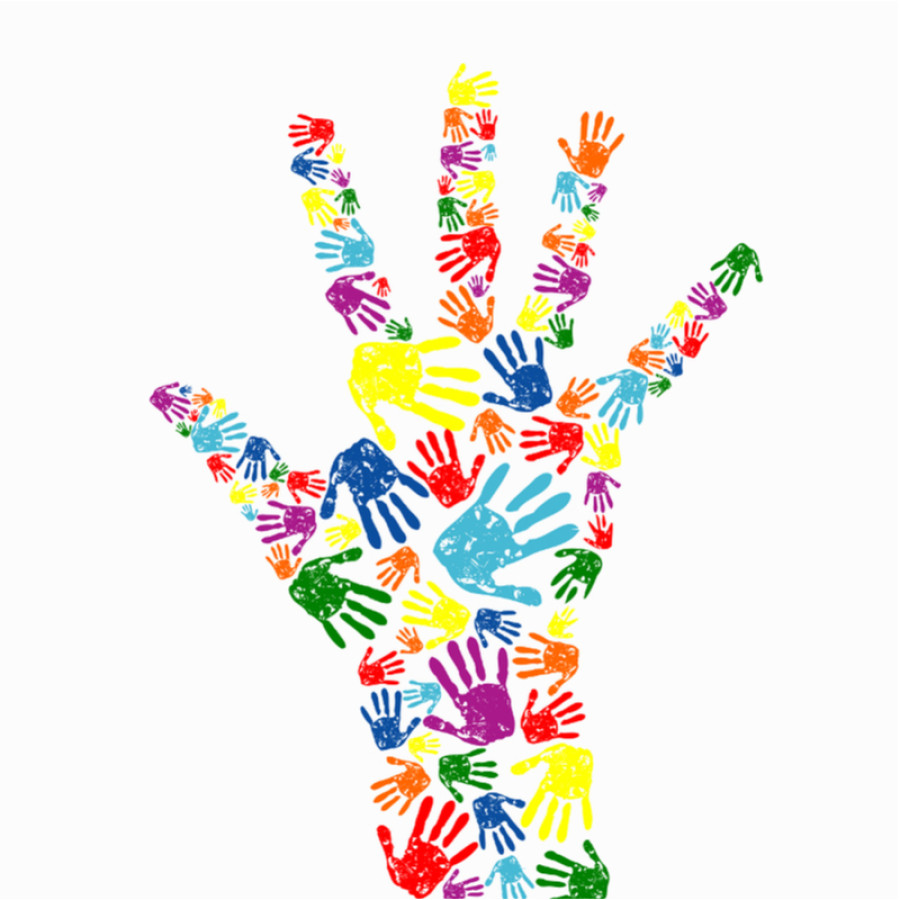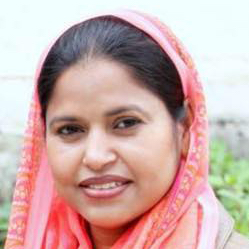Columns
Can human rights be set aside in our fight against Covid-19?
The answer is no. We have to do everything possible to make sure human rights are front and centre when we deal with the pandemic.
Mohna Ansari
Many have asked me recently about what we should do about human rights during the pandemic. I can express what we should not do in this crucial and transformative time. Until football or the cinema, human rights concerns cannot and must not be set aside in the face of Covid-19. On the contrary, we have to do everything possible to make sure human rights are front and centre when we deal with the pandemic. Much will happen over the next few months which will have a big impact on the future of all Nepalis. Some essential laws are being suspended as the government is trying to stem the threat of the novel coronavirus; there are possibilities that the government will pass more laws that may permit repressive behaviour—ones that may long outlive the health crisis.
In our fight against the virus, many habits will develop. Some will be positive, such as community solidarity and respect which the government must actively support. But many others will tend to limit our hard-won rights. So, the first imperative is for us all to be alert—and not to fall into the trap of seeing only the immediate concerns. This applies to all rights-loving sections of society and in particular civil society—those of us who are not limited by narrow, partisan self-interest.
Our most important reference point is the awful 2015 earthquake. At the beginning of that disaster, the optimistic among us believed what we were told—that we must pull together because we were all in it together. In reality, some sectors of society came out of the experience strengthened whereas others came out with the same problems and discrimination that they went into the quake with. As we are always told, every crisis is also an opportunity. But what we are told less often is that some sections are better prepared ‘not to let a good crisis go to waste’. These are people who will see not the suffering, but rather the opportunity alone.
Do not forget that even as many of us are on lockdown, others are brokering deals for lots of money, some of it financed by international aid. As I have observed in recent years, corruption is often the direct cause of human rights violations and nearly always is the context in which violations take place. Those who benefit from corruption are precisely the ones in whose interest it is to maintain the extensive impunity that we have traditionally allowed some to enjoy.
Over the past two decades, the international community has made many contributions to Nepal, not least assisting in bringing an end to the conflict. What is often undervalued is that this contribution by our international friends often came not in monetary terms, but through their advocacy for human rights.
And one can only assume that the commitment in the Comprehensive Peace Agreement to transitional justice came not from our belligerents but rather from international pressure. Unfortunately, that positive advocacy did not stay at the same high level since 2006; we are still waiting for justice, the reform of institutions, the memorialisation of the victims and reparation. The reduction in international pressure was not a deliberate move by our friends, but rather a mistaken analysis that human rights needs to be set aside to allow for political stability.
The lesson I have taken from the different moments of crisis in our country—during the conflict, during the peace process and in the long efforts since 2006 to make our justice system more robust and inclusive—in part through transitional justice—is this: If you set human rights aside in a crisis, it is very difficult and takes a lot of time and sacrifice to find them again and keep the momentum going towards progress.
So, as we face a period of uncertainty and sacrifice when we have to rely on the wisdom of our political leaders to put the interests of the whole nation above personal and party interests, there are a few things we need to keep in mind.
Human rights have to be a central consideration as we try to create the national unity we need to combat the devastation caused by Covid-19. Some rights that we hold dear, like freedom of association, freedom of expression and freedom of movement, must only be reduced when it is absolutely necessary to protect human life and must only remain reduced for the minimum time absolutely necessary.
We in civil society must not be dogmatic and rigid to the point of making it more difficult to save human lives, but we must make sure that the cure is not worse than the illness. We must carefully and constantly monitor government actions to make sure that they are in line with international law, and particularly the obligation to provide the best possible health provision for all. This should include equal access for the vulnerable, the poor, women and marginalised groups who so often are forgotten in disaster planning and response. And our international partners must stand by us as we try to make sure that our government maintains these standards.
As in the earthquake response, it is predictable that the response will be marked by widespread discrimination. Civil society must advocate to stop this happening and undertake remedial work when it does. Any limitation of the state’s commitments to human rights must be fully explained and justified by the authorities and based on scientific evidence, not just political slogans. These limitations must explicitly have a time limit of no more than a few months—they can be renewed if the crisis persists and makes it necessary.
The elderly must get special attention taking into account their needs. The same is true for priority groups which must include prisoners, who are particularly vulnerable at times like this and the government must ensure that their living conditions are adequate to stem the threat of contagion.
Only by keeping human rights front and centre can we make sure that Nepal comes out of this unprecedented crisis with less discrimination—not more, as so often happens when the poor and marginalised are further weakened by a natural or political disaster that leaves them more vulnerable to the whims and interests of the powerful.
We must convince our leaders that, unlike some issues, there is absolutely no possibility of winning this health battle with top-down, bureaucratic solutions that do not win the support of society. The virus will be defeated only by the disciplined purpose of the whole people. The government should have as its policy priority the mobilisation of all local government structures, provincial governments and civil society.
Beating Covid-19 is a tough task, and one that falls on all of us. We will not be successful if we are not united. We will not be united if our rights are arbitrarily brushed aside. The virus cannot be defeated by the repression and violations of rights. Such a scenario may push people away from participating in the solution.
***
What do you think?
Dear reader, we’d like to hear from you. We regularly publish letters to the editor on contemporary issues or direct responses to something the Post has recently published. Please send your letters to [email protected] with "Letter to the Editor" in the subject line. Please include your name, location, and a contact address so one of our editors can reach out to you.




 14.24°C Kathmandu
14.24°C Kathmandu















